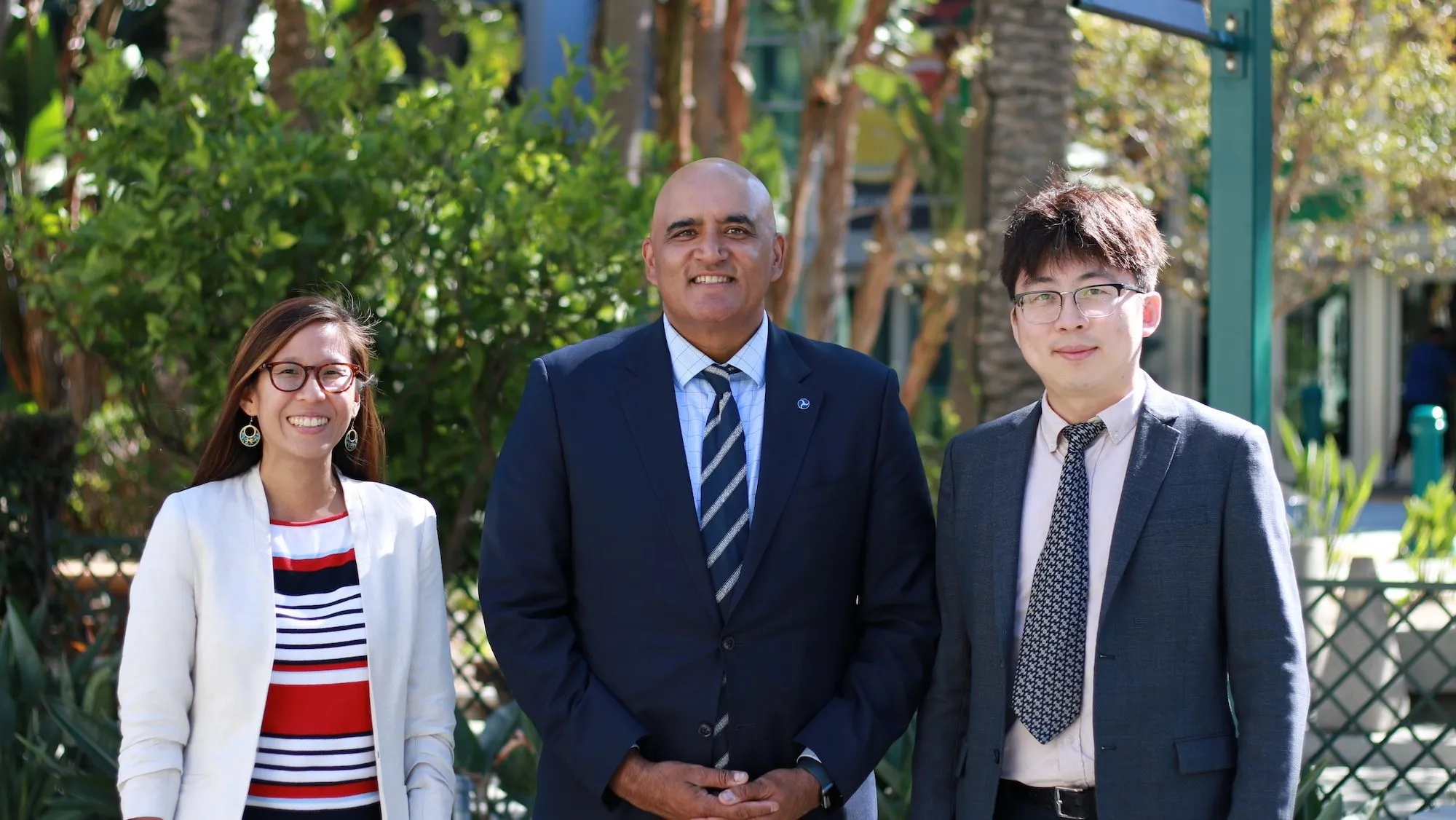The US Department of Transportation’s Federal Highway Administration (FHWA) today released a proposed regulation outlining new performance measures to assess travel reliability, congestion, and emissions at a national level. It calls for an increased level of transparency and accountability in establishing and achieving targets for performance impacting commuters and truck drivers.
The measures address the concerns outlined in the USDOT report Beyond Traffic, which examines the trends and choices facing
April 19, 2016
Read time: 2 mins
The 324 US Department of Transportation’s 831 Federal Highway Administration (FHWA) today released a proposed regulation outlining new performance measures to assess travel reliability, congestion, and emissions at a national level. It calls for an increased level of transparency and accountability in establishing and achieving targets for performance impacting commuters and truck drivers.
The measures address the concerns outlined in the USDOT report Beyond Traffic, which examines the trends and choices facing America's transportation infrastructure over the next three decades, including a rapidly growing population, increasing freight volume, and the need to mitigate environmental impacts. The proposed regulation also invites comment on the potential to establish a performance measure to address reduction in greenhouse gas emissions.
The proposed new rule – National Performance Management Measures; Assessing Performance of the National Highway System, Freight Movement on the Interstate System, and Congestion Mitigation and Air Quality Improvement Program – is a requirement under the Moving Ahead for Progress in the 21st Century Act (MAP-21). Major provisions involve requirements for all states to evaluate and report more effectively and consistently on transportation system performance, including travel time reliability, delay hours, peak-hour congestion, freight movement, and on-road mobile source emissions.
FHWA’s National Performance Management Research Data Set, a relatively new data tool that collects actual travel times from vehicles, will be used by states to monitor system performance. All state departments of transportation and metropolitan planning organisations would be required to use travel time data to establish performance targets and report on progress.
In addition, the reduction in criteria pollutants resulting from federally funded projects will also be estimated and reported. FHWA is also seeking comment on whether and how to establish a greenhouse gas emissions measure.
The measures address the concerns outlined in the USDOT report Beyond Traffic, which examines the trends and choices facing America's transportation infrastructure over the next three decades, including a rapidly growing population, increasing freight volume, and the need to mitigate environmental impacts. The proposed regulation also invites comment on the potential to establish a performance measure to address reduction in greenhouse gas emissions.
The proposed new rule – National Performance Management Measures; Assessing Performance of the National Highway System, Freight Movement on the Interstate System, and Congestion Mitigation and Air Quality Improvement Program – is a requirement under the Moving Ahead for Progress in the 21st Century Act (MAP-21). Major provisions involve requirements for all states to evaluate and report more effectively and consistently on transportation system performance, including travel time reliability, delay hours, peak-hour congestion, freight movement, and on-road mobile source emissions.
FHWA’s National Performance Management Research Data Set, a relatively new data tool that collects actual travel times from vehicles, will be used by states to monitor system performance. All state departments of transportation and metropolitan planning organisations would be required to use travel time data to establish performance targets and report on progress.
In addition, the reduction in criteria pollutants resulting from federally funded projects will also be estimated and reported. FHWA is also seeking comment on whether and how to establish a greenhouse gas emissions measure.









